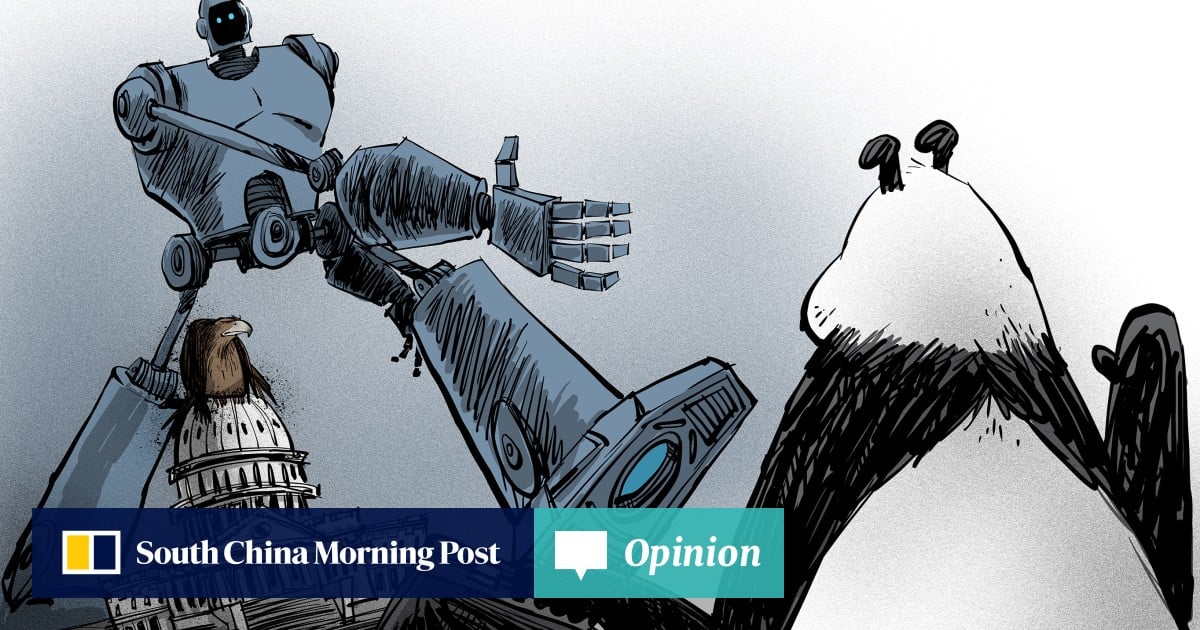TOKYO/OSAKA, JAPAN — Shimano, a Japanese bicycle components manufacturer, is investing around 20 billion yen ($179 million) in a new plant in Singapore in response to a jump in demand following the coronavirus outbreak, according to Taizo Shimano, the company’s recently appointed president. Bicycles and related products are in high demand around the world as consumers flock toward them as a mode of transportation with a minimal risk of coronavirus transmission. Shimano, which has a large global market share in bicycle gears and other components, is experiencing a production capacity bottleneck. The decision is being made as the company’s existing factory in Singapore, which was established in 1973, begins to deteriorate. Despite the epidemic causing havoc on the global economy, the Japanese corporation achieved a net profit of 63 billion yen in fiscal 2020, up 22.5 percent over the previous year. Shimano expects its net income to increase by 25.4 percent to 79 billion yen in fiscal 2021. The majority of the monies will be invested in the Jurong Innovation District on Singapore’s west side, which also houses the existing facility. The new plant will make parts for high-end bicycles, such as transmissions. Shimano is marketing the new plant as a “future factory” that stresses digitization. By the end of 2022, the facility should be operational. It was meant to be finished by 2020, but it was pushed back due to a reduction in the massive number of construction workers needed to stop the virus from spreading. Shimano also opted to invest additional 13 billion yen ($118 million) in expanding manufacturing capacity at its two domestic factories in Osaka and Yamaguchi. Shimano plans to install cutting-edge production equipment and software to these two factories in order to increase productivity. Shimano claims that “this year’s overall production will be 1.5 times higher than that of 2019” as a result of the two domestic plants increasing production. When physical training facilities stop during lockdowns due to new waves of COVID-19 infections, consumers have been riding bikes to stay healthy. One Tokyo bike store owner told Nikkei Asia that the sector was having trouble obtaining bike parts, particularly transmissions. Bicycle parts sales accounted for almost 80% of Shimano’s overall sales in fiscal 2020. Fishing equipment accounted for around a fifth of its sales and contributed to the company’s profitability./n
Read MoreBicycle parts maker Shimano invests $179m to build Singapore plant
2021-07-11T06:30:34-04:00July 11th, 2021|





